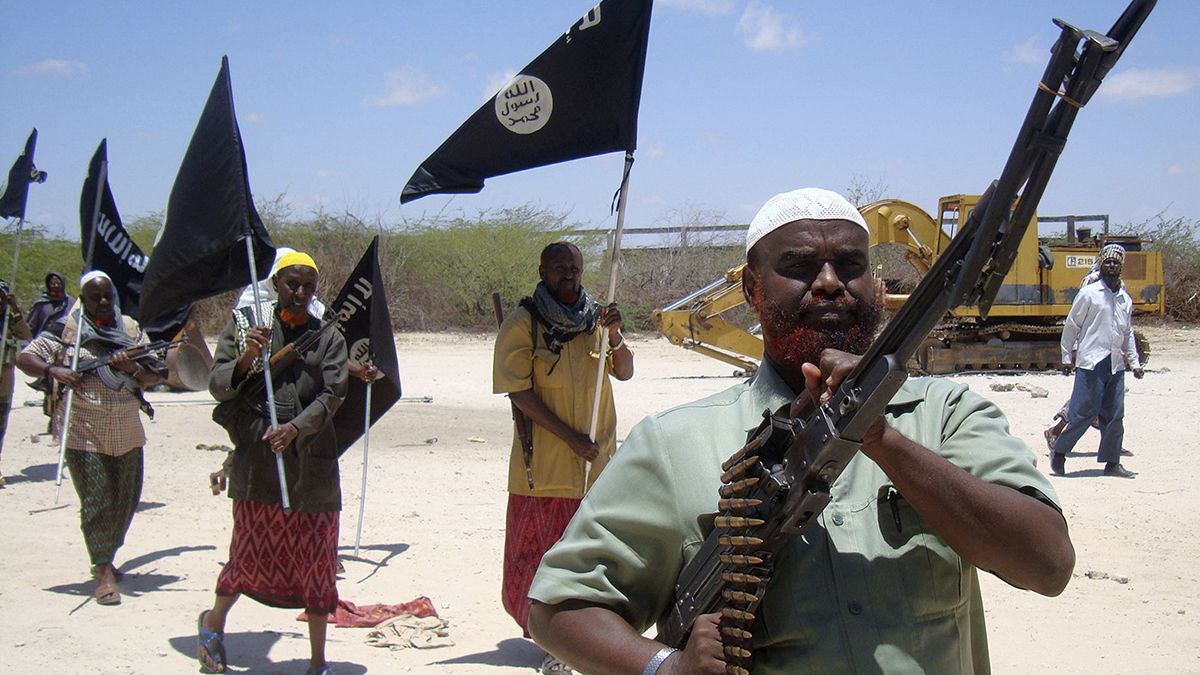Somali militant group al-Shabaab has claimed responsibility for the deadly attack on a Nairobi shopping centre that has so far left 69 dead and many others injured.
Formed less than a decade ago, yet responsible for a string of attacks, the group has engendered a culture of fear in pockets of eastern Africa.
Though operating under the name Harakat al-Shabaab al-Mujahideen, the Islamist group is often referred to simply as al-Shabaab – meaning “the youth”.
Al-Shabaab was formed in 2006, emanating from the Islamic Courts Union that ran the Somali capital, Mogadishu, for six months before being driven from power. Since then, the group has reportedly engaged in guerrilla warfare tactics against the Somali government and Ethiopian troops stationed in the country.
It soon formally aligned itself with al-Qaeda, attracting hundreds of foreign fighters, including Britons.
Al-Shabaab has claimed responsibility for several deadly suicide bombings, including one in February 2009 which killed 11 Burundian soldiers on an African Union peacekeeping mission. The group carried out its first major international attack in July 2010 when it bombed the Ugandan capital, Kampala, killing at least 74 people.
A dominant force despite its size, al-Shabaab was dealt a blow in February 2012 after troops from the African Union force in the country (Amisom) succeeded in driving the Islamist group from Mogadishu.
Hopes for an end to their reign of terror were further bolstered by reports that the al-Shabaab stronghold of Baidoa in the south west of Somalia had fallen to troops from neighbouring Ethiopia and Somali government forces.
Despite this, the group still exercises significant control over vast swathes of the south towards Somalia’s border with Kenya.
Who is the leader?
Ahmed Abdi Godane is the head of the group. Known as Mukhtar Abu Zubair, he comes from the northern breakaway region of Somaliland.
Godane is rarely seen in public. His predecessor, Moalim Aden Hashi Ayro, was killed in a US airstrike in 2008. Godane, who was behind the group’s tie-up with al-Qaeda and has a hardline, international agenda, has recently emerged victorious from an internal power-struggle. His rival, Sheikh Hassan Dahir Aweys, is more focussed on the struggle within Somalia. He is now in government custody, while several of his allies have been killed.
Al-Shabaab joined al-Qaeda in February 2012. In a joint video, al-Shabaab leader Ahmed Abdi Godane said he “pledged obedience” to al-Qaeda head Ayman al-Zawahiri.
The two groups have long worked together, alongside sympathisers from the likes of Britain and the USA. US officials believe that with al-Qaeda on the retreat in Afghanistan and Pakistan following the killing of Osama Bin Laden, its fighters will increasingly take refuge in Somalia.
